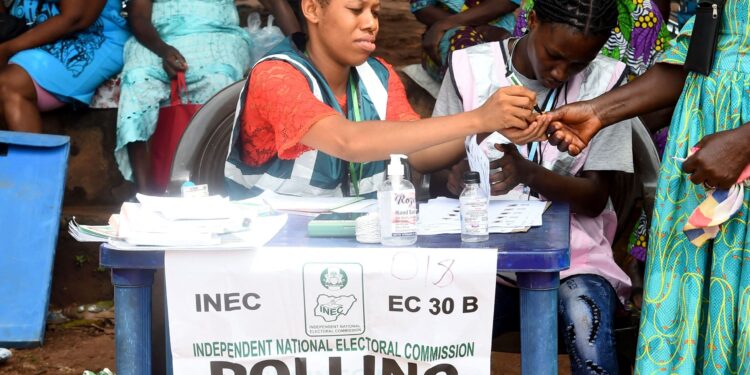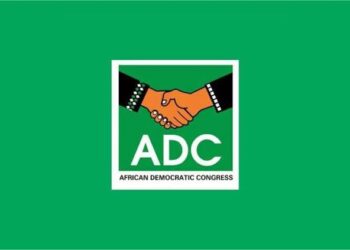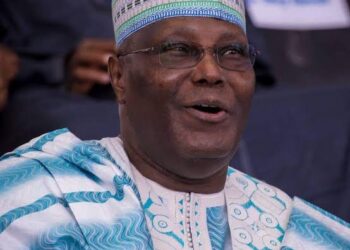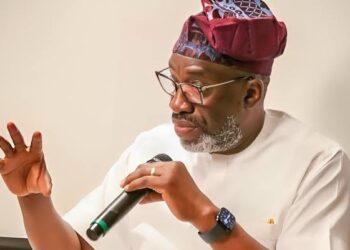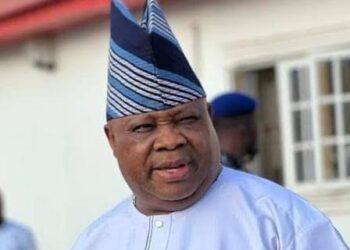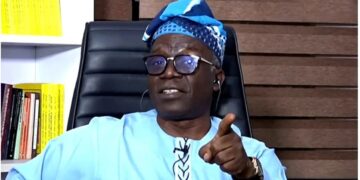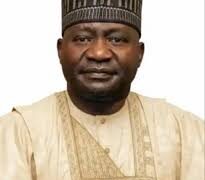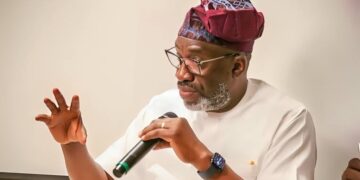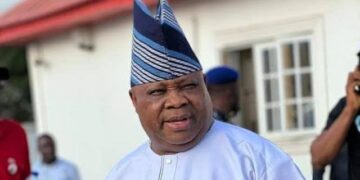Ezenwa Nwagwu, the Executive Director of the Peering Advocacy and Advancement Centre in Africa, has pointed out a critical issue plaguing Nigeria’s electoral process; the complicity of the electorate in facilitating politicians’ disregard for electoral laws and regulations.
According to Nwagwu, politicians exploit public ignorance and at times incite violence to manipulate elections, ensuring their ascent to leadership positions. This stark observation was made during a citizens’ town hall meeting on electoral reform held in Bauchi.
Nwagwu emphasized that a significant number of Nigerian citizens who advocate for fair, free, and credible elections are not sufficiently informed about the electoral laws.
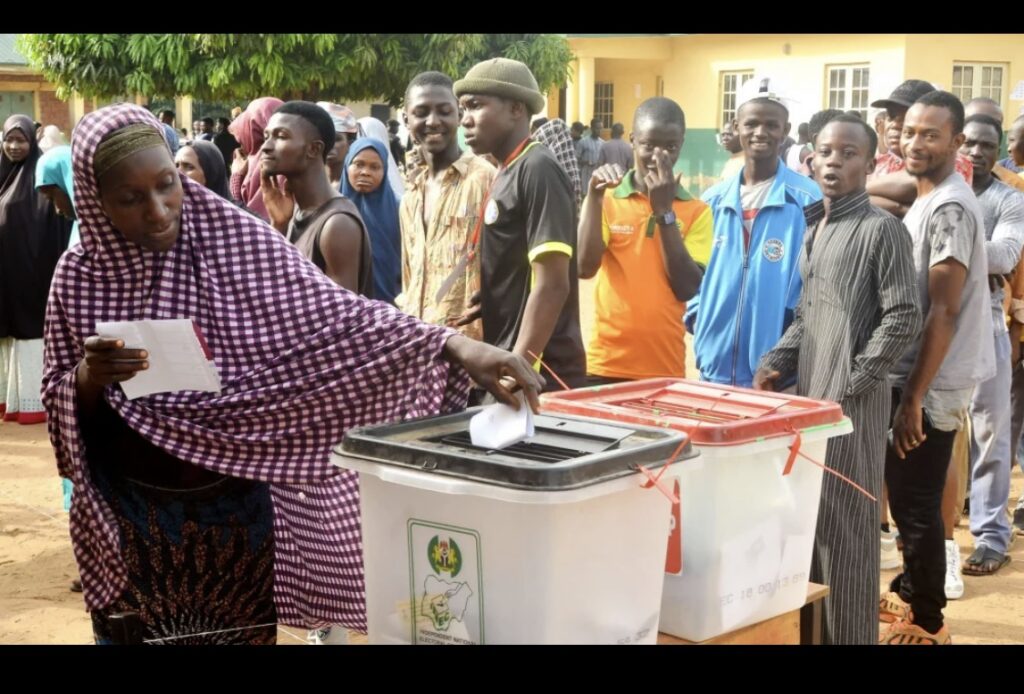
This lack of awareness, he argues, hampers their ability to effectively challenge election malpractices and hold electoral officials accountable. He stressed the urgent need for citizens to acquaint themselves with the electoral act, empowering them to participate more actively and knowledgeably in the electoral process.
“We cannot accurately challenge what we do not understand,” Nwagwu asserted. “To ensure a well-informed electorate by the 2027 elections, it is imperative that we familiarize ourselves with the electoral laws and critically examine their alignment with principles of proportional representation.”
The town hall meeting brought together various stakeholders, including representatives from security agencies, traditional institutions, media houses, the Independent National Electoral Commission (INEC), the National Orientation Agency, and civil society organizations.
These stakeholders engaged in robust discussions on electoral integrity, transparency, and the need for comprehensive voter education to enhance democratic participation.
Aliyu Hassan Chaba, INEC’s Voter Education Officer for Bauchi, highlighted several innovative measures that contributed to the successful conduct of recent elections.
Among these measures was the Collation Support and Results Verification System (CSRVS), which facilitated seamless collation of election results and reduced instances of result manipulation. Chaba also noted the customization of sensitive election materials, which prevented their diversion and ensured their secure distribution to polling stations.
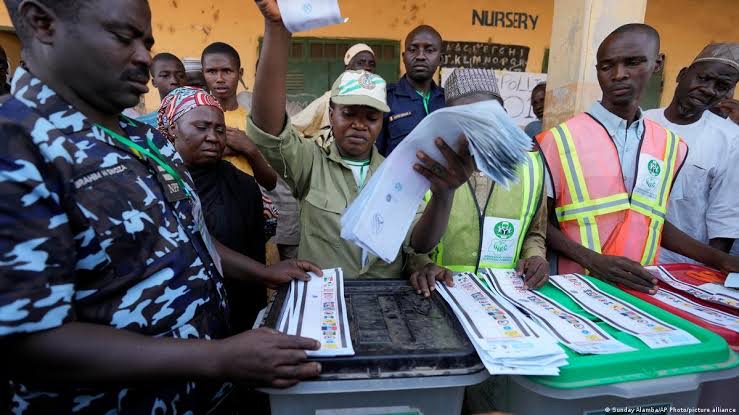
Additionally, assistive devices were introduced to aid visually impaired voters, promoting inclusivity in the electoral process.
“Voter education initiatives conducted at markets, motor parks, and football viewing centers played a pivotal role in reducing the number of rejected ballot papers,” Chaba remarked. These grassroots outreach efforts were part of INEC’s strategy to enhance public awareness and encourage broader participation in elections.
Stakeholders at the meeting unanimously advocated for reforms aimed at strengthening Nigeria’s electoral system. Key reform proposals included enhancing electoral transparency, instituting more rigorous voter education campaigns, and implementing measures to promote fair representation and accountability among elected officials. The gathering underscored the importance of aligning electoral laws with democratic principles to safeguard the integrity of future elections.
The Bauchi town hall meeting served as a platform for stakeholders to critically assess Nigeria’s electoral landscape and propose actionable reforms. It highlighted the pivotal role of an informed electorate in upholding electoral integrity and ensuring that democratic processes reflect the will of the people. Moving forward, sustained efforts in voter education and electoral reform will be crucial in fostering a more inclusive, transparent, and accountable electoral system in Nigeria.


